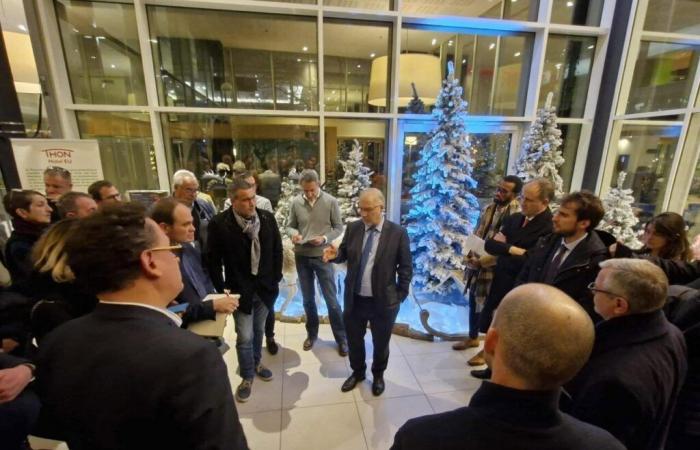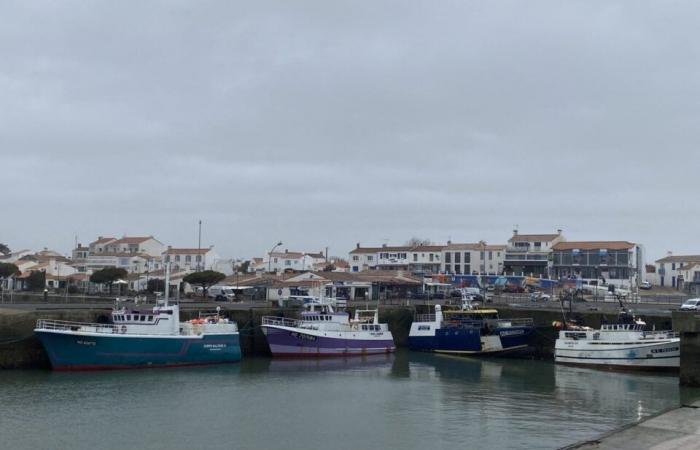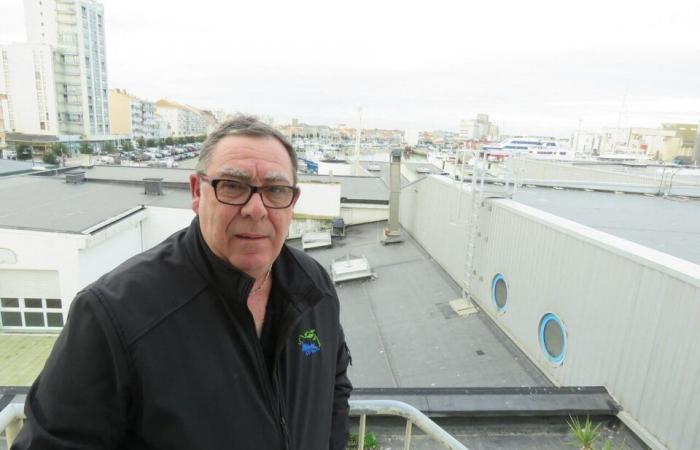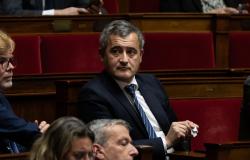Par
Franck Fischbach
Published on
Dec 11 2024 at 6:17 p.m.
See my news
Follow Le Courrier Vendéen
After more than 48 hours of negotiations, Monday 9 and Tuesday 10 December in Brussels, EU fisheries ministers and the European Commission managed, at 1:30 a.m. this Wednesday, to set the quotas and allowable catch rates (TAC) for 2025.
Species that toast
Overall, if the fishermen of Vendée expected a catastrophic year for the Bay of Biscay, the French Minister of Fisheries, Fabrice Loher, managed to limit the damage. However, with some unpleasant surprises.
This is for example the case of the langoustinewhose quota falls by 25% in 2025 (a reduction of 40% was initially proposed). A species which is not a priority in the sector but which, like hake, can be used for commercial exchanges with Spain or other border countries.
The mackerel will also lose 30% next year. But José Jouneau, president of the regional fisheries committee of Loire" rel="tag">Pays de la Loire and OP Vendée, tempers: “the case of mackerel is complex: it is not Europe but Norway which manages the quotas. Norwegian fishermen fish their quotas, and we take what’s left.” It is therefore on this remainder that the European quota applies. “If we add up to last year's drop, we actually have a 60 or 70% drop in mackerel in two years.”
For the boss of the Regional Fisheries Committee of Pays de la Loire and OP Vendée, the case of bar he too risks making “a big noise.” The minimum capture size would increase to 42 cm. Which could pose a problem for online bass fishermen, for example.”
Finally, the pollack creates a surprise by becoming fishing accessory. Understand by this that sailors will no longer be able to target it, but that its landing will be tolerated in the context of accidental captures.
But José Jouneau specifies: “the figures stated here are still provisional, and must be stabilized. We will have to wait for the final tables, which will be released by the end of the week.”
Elver, sole, whiting… Limited breakage
For certain species, however, damage was limited. This is the case of the soleof hake or whitingspecies for which quotas are maintained.
Same for the civelawhich does not move compared to 2024. That is to say an opening on December 1, with two months of repopulation and one month of consumption.
As for the port of Saint-Gilles-Croix-de-Vie, we are very satisfied with the reopening of the chinchardclosed for two years.
This will give our pelagics some air! It is estimated that horse mackerel represents €600,000 of the auction's turnover. This will notably make it possible to compensate for the €300,000 for the pollack, which we do not completely lose either!
They said: “satisfied” elected officials
For the mayor of Saint-Gilles-Croix-de-Vie, François Blanchet“we are reassured about the major challenges we had. We were mainly fighting for horse mackerel and glass eels, and we are quite satisfied.”
For the deputy of the 3rd Vendée district, Stéphane Buchou“while I am pleased that there is no decline in sole, hake, whiting and sea bass, thus allowing the maintenance of a good level of activity for our ports and our fish markets, I regrets the decisions ratified for mackerel and pollack which becomes “incidental fishing”, that is to say non-exclusive […] After these 48 hours of difficult negotiationsit is therefore the relief and the feeling of mission accomplished which dominate.”
However, “we must not give up because fishing is a key sector to support. It is essential to our food sovereignty, to the economy of our department and to direct and indirect jobs in our four Vendée ports.” The MP takes the opportunity to reiterate his wish to see the establishment of multi-annual quotas.
In a press release co-signed by Christelle Morancaispresident of the Pays de la Loire region, Alain Leboeufpresident of the Vendée Departmental Council, François Blanchet, Florence Pineauvice-president of the Departmental Council, Yannick Moreaumayor of Sables d'Olonne and president of the agglomeration, Carole Charuaudepartmental councilor of the canton of Île d'Yeu and mayor of Île d'Yeu, and Fabien Gaboritpresident of the community of communes of the island of Noirmoutier:
“We have come a long way compared to the commission's initial proposals, it is a relief for fishermen, fishmongers, fish auctions and the entire industry who can thus better understand the year 2025. This agreement must not make us forget the upcoming closure of fishing in the Bay of Biscay from January 22 to February 20, 2025 and which had deprived the sector of more than 50% of its resources at the start of the year 2024.”
“The system has reached its limits”
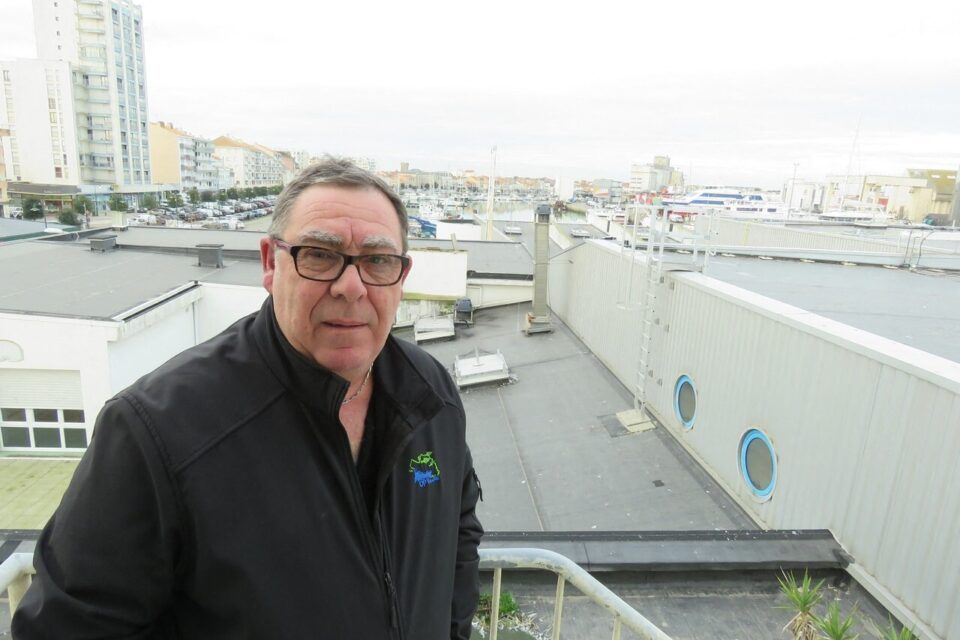
Pour Jose Jouneauthe picture is not so rosy. “Anyway, we lost compared to last year! We cannot be satisfied with what has just happened. Everyone played their role, we can only salute the minister who, in the political context of France, had the courage to defend us. But the quota system has reached its limits, it is running out of steam! It no longer corresponds to the challenges of 2025! We can no longer just make assumptions and hide behind protective measures. Just as we cannot save agriculture by leaving fields fallow, we cannot save fishing by leaving boats at the dock! “.
Tomorrow, everyone will no longer have access to seafood, fish will become a luxury. This is not the goal of French fishing.
When he talks about protection measures, José Jouneau refers in particular to the fishery reserve. “According to scientists, 75% of the Bay of Biscay stock is clearly improving. But he denounces “quotas that have continued to decline for 10 years. »
But Brussels is playing the precautionary principle card. “But we have to ask ourselves the right questions. If we block our fishermen, we will have to import fish from Chile, Peru… Every year, France imports 800,000 tonnes fish, such as salmon and saithe. We must ask ourselves: if we remove our four Vendée ports, what impact will this have on tourism, on the attractiveness of the territory? Local fishing is an asset, a know-how. »
Follow all the news from your favorite cities and media by subscribing to Mon Actu.

